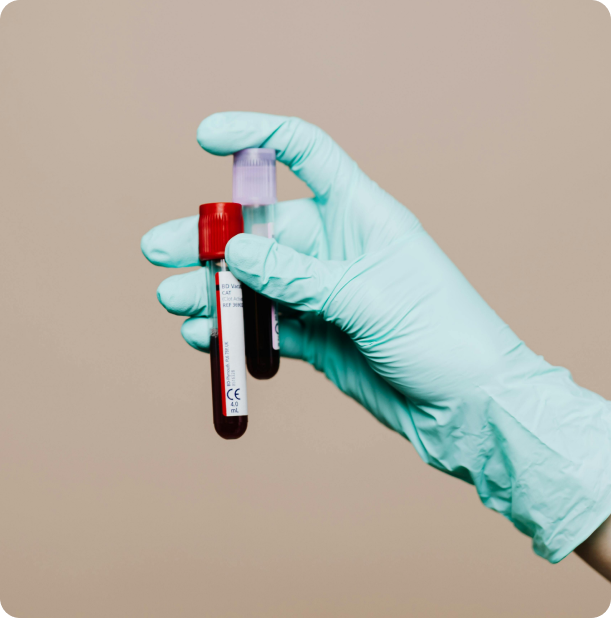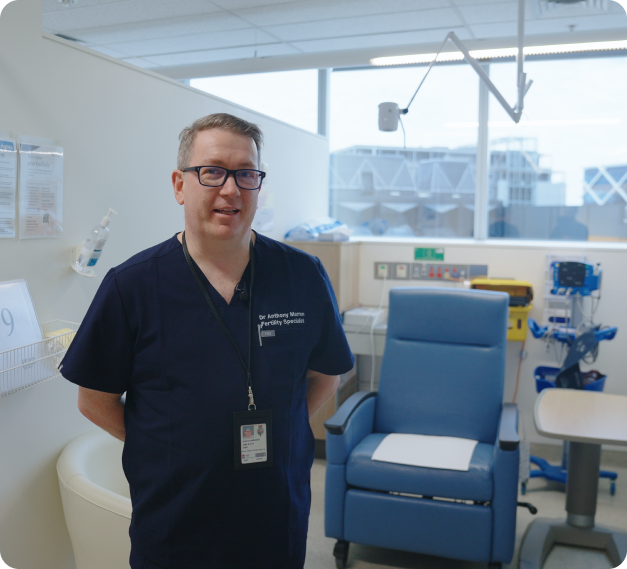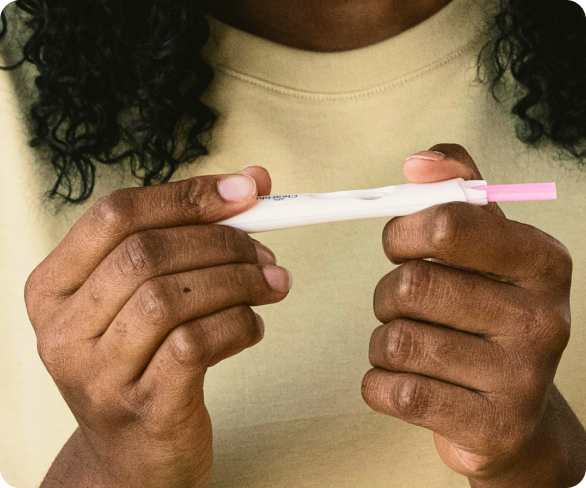
PCOS is a common hormonal disorder affecting women of reproductive age, characterised by irregular menstrual cycles, excess androgen levels, and polycystic ovaries. It’s a complex condition that can impact your fertility, metabolic health, and quality of life.
While the exact cause of Polycystic Ovarian Syndrome isn’t fully understood, several factors are believed to contribute to its development:

Many women with PCOS have elevated levels of androgens (often referred to as "male hormones"), which can disrupt the normal function of the ovaries. This hormonal imbalance can lead to irregular menstrual cycles and the development of cysts.
The body's inability to use insulin effectively has been linked to PCOS. High insulin levels can increase androgen production, further complicating the hormonal imbalance.
PCOS often runs in families, suggesting that there may be a genetic component. If your mother or sister has PCOS, your risk of developing it may be higher.
Lifestyle factors, such as diet and lack of exercise, can also play a role. A diet high in processed foods and sugars can exacerbate insulin resistance and contribute to weight gain, which can worsen PCOS symptoms.


Understanding your medical history is a key step in diagnosing PCOS. This includes discussing your menstrual cycle, symptoms such as weight gain, acne, or excessive hair growth, and any family history of PCOS or related conditions like diabetes.
A physical exam may focus on identifying signs of PCOS, including weight changes, skin conditions like acne or darkened patches (acanthosis nigricans), and excessive hair growth in areas such as the face, chest, or back (hirsutism).
Blood tests are often recommended to:
A transvaginal ultrasound can help visualise the ovaries to check for multiple small follicles (commonly referred to as "cysts") and assess ovarian size. While many women with PCOS exhibit these features, not all do, so ultrasound is just one component of the diagnostic process.

Options like pills, patches, or vaginal rings help regulate periods, reduce acne, and manage excess hair growth by lowering androgen levels.
Medications such as spironolactone block male hormones to improve symptoms like acne and hirsutism.
Drugs like metformin improve insulin sensitivity, which may help regulate cycles, support weight management, and reduce androgen levels.
For women trying to conceive, medications such as clomiphene citrate or letrozole can stimulate ovulation.

Eating a healthy, balanced diet rich in whole foods can help manage weight and improve insulin sensitivity. Focus on fruits, vegetables, whole grains, and healthy fats while cutting back on processed foods and sugars.
Regular physical activity can help manage weight, reduce insulin resistance, and improve mood. Aim for at least 150 minutes of moderate exercise each week.
Techniques such as yoga, meditation, and mindfulness can help manage stress, and in turn, symptoms of PCOS.

Ovarian Drilling
If medication isn’t effective, a laparoscopic procedure called ovarian drilling can be performed. Small incisions are made in the ovaries to lower androgen production and help restore normal ovulation.

Many women with PCOS have irregular or missed periods, which means their ovaries may not release eggs regularly. Higher levels of male hormones can also interfere with ovulation and disrupt the menstrual cycle.
Insulin resistance, which is common in PCOS, can lead to weight gain and further hormonal problems.
Despite these issues, many women with PCOS can still conceive with the right treatments.

If you’re experiencing symptoms of PCOS or struggling with fertility challenges, now is the time to seek expert care to get a personalised treatment plan.
With extensive experience in assisted reproductive technologies (ART) like in vitro fertilisation (IVF), specifically tailored for women with PCOS, I offer complete continuity of care throughout your fertility journey.
Polycystic Ovary Syndrome (PCOS) is a hormonal disorder affecting ovulation, metabolism, and fertility. It is caused by hormonal imbalances, insulin resistance, and genetic factors.
PCOS can cause irregular ovulation or anovulation, making it harder to conceive. It is a leading cause of infertility but can often be managed with treatment.
Treatments include lifestyle modifications, ovulation-inducing medications (such as Letrozole or Clomiphene), insulin-sensitizing drugs, and assisted reproductive technologies like IVF.
Your specialist will review your medical history, perform blood tests and an ultrasound, and discuss treatment options tailored to your fertility goals and overall health.
Yes. Maintaining a healthy weight, eating a balanced diet, managing stress, and exercising regularly can help regulate cycles and improve fertility outcomes.
Yes. Dr. Anthony Marren and his team specialize in treating PCOS and providing fertility solutions for affected individuals.
Surgery, such as ovarian drilling, is rarely used but may be an option for women who do not respond to other treatments.